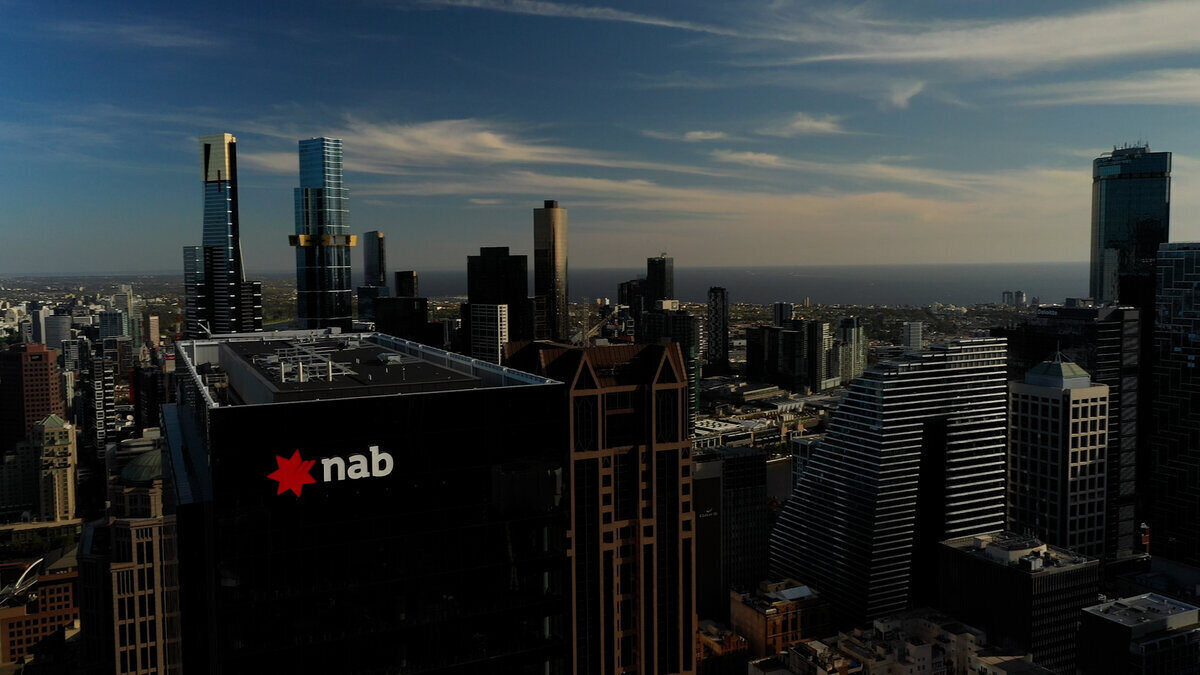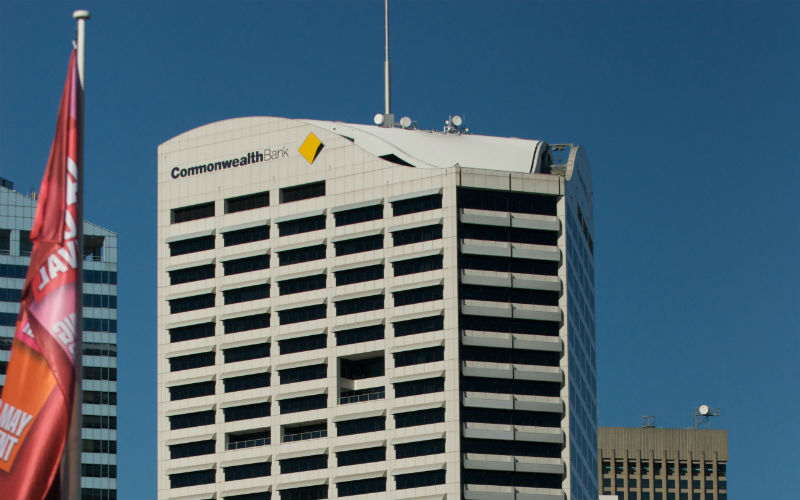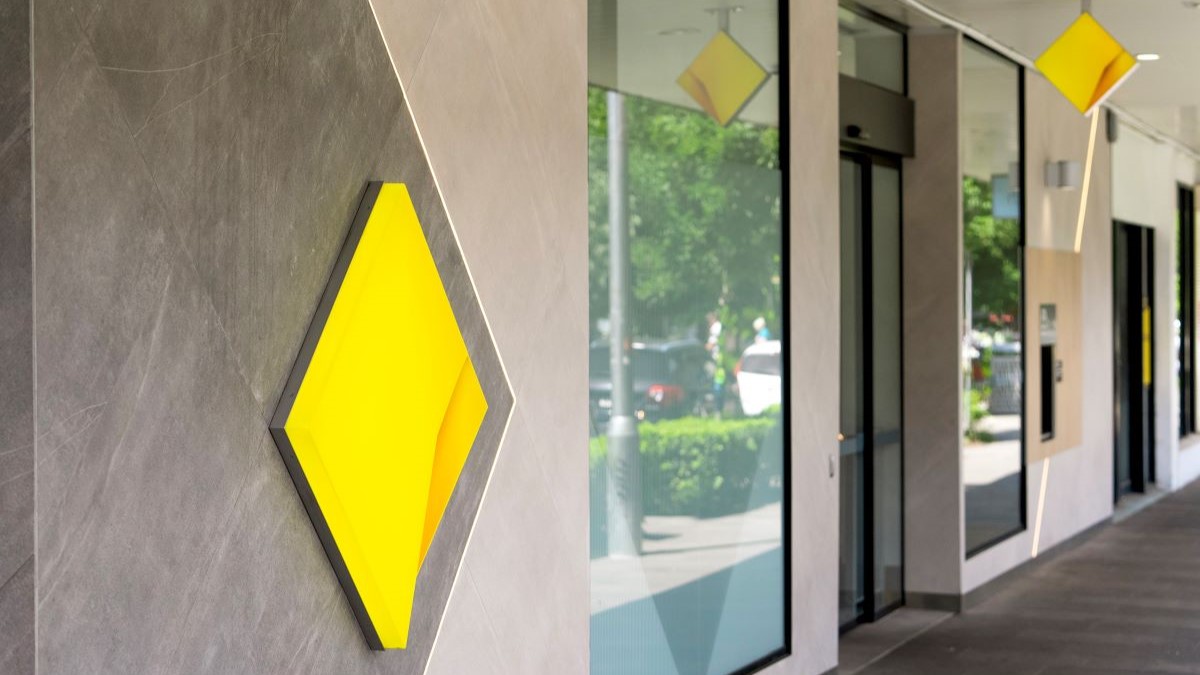For the second month in a row, there is uncertainty about what the RBA will decide at its monthly monetary policy meeting.
Earlier this week, the ABS revealed quarterly inflation is at its lowest since September 2021, but unemployment data shows job growth continues to be well above expectation, so both a pause and an increase to the cash rate are plausible.
Many term deposit providers have held fire, but it remains a highly competitive space, and several providers this week took the opportunity to increase some rates, bolstering their market share.
In an increasingly common theme over the past few weeks, rates on shorter terms continues to be something of an arms race, but many providers are cutting rates on terms that last for more than a year.
Advertisement
Want to earn a fixed interest rate on your cash? The table below features term deposits with some of the highest interest rates on the market for a six-month term.
Judo increases rates by up to 20 basis points
| Term length | Deposit size | Payment frequency | Interest rate (Percentage point change) |
| Six months | $1,000-$999,999 | End of term | 4.50% p.a (+0.15) |
| Six months | $1,000-$999,999 | Monthly | 4.40% p.a (+0.15) |
| One year | $1,000-$999,999 | End of term | 4.65% p.a (+0.05) |
| One year | $1,000-$999,999 | Monthly | 4.55% p.a (+0.05) |
Throughout the past few months, Judo has been one of the banks competing to offer the highest rate on six month and one year term deposit.
Along with the likes of Bank First and AMP, Judo were seemingly increasing rates every other week to leapfrog competitors, a period in which savers would have welcomed the competition.
Last week, Bank of Sydney increased both six month and one year rates by 15 and 35 basis points respectively, to now sit at 4.55% p.a and 4.70% p.a.
According to Savings.com.au's market research, these are currently the highest rate available in Australia for their respective terms.
Suncorp varies rates by up to 50 basis points
| Term length | Deposit size | Payment frequency | Interest rate (Percentage point change) |
| Three months | $5,000-$99,999.99 | End of term | 3.10% p.a (+0.1) |
| Four months | $5,000-$99,999.99 | End of term | 4.00% p.a (+0.3) |
| Eight or Ten months | $5,000-$99,999.99 | End of term | 3.40% p.a (+0.3) |
| One year | $5,000-$99,999.99 | End of term | 4.25% p.a (+0.05) |
| Two-Five years | $100,000-$999,999.99 | Annually | 3.90% p.a (-0.1) |
| Three months | $100,000-$999,999.99 | End of term | 3.15% p.a (+0.1) |
| Four months | $100,000-$999,999.99 | End of term | 4.05% p.a (+0.3) |
| Eight or Ten months | $100,000-$999,999.99 | End of term | 3.45% p.a (+0.3) |
| One year | $100,000-$999,999.99 | End of term | 4.25% p.a (+0.05) |
| Two-Five years | $100,000-$999,999.99 | Annually | 3.95% p.a (-0.1) |
Characteristic of the decisions that many banks have made over the past few weeks, Suncorp has pushed rates on terms shorter than one year up, while decreasing anything longer.
Whatever the RBA decision next week, many analysts say we are likely near the peak of the rate hike cycle, and chances are that rates will begin to go down towards the back end of 2023 and the start of 2024.
This is reflected in term deposit rates: it might seem counter intuitive that Suncorp offers a higher rate for people putting their money away for four months than eight, but if the cash rate is substantially lower than it is now in eight months' time, this means Suncorp has won the gamble.
Macquarie varies rates by up to 10 basis points
| Term length | Deposit size | Payment frequency | Interest rate (Percentage point change) |
| Three months | $5,000-$1,000,000 | End of term | 4.20% p.a (+0.1) |
| Six months | $5,000-$1,000,000 | End of term | 4.10% p.a (-0.1) |
| Nine months | $5,000-$1,000,000 | End of term | 4.10% p.a (-0.05) |
| One year | $5,000-$1,000,000 | End of term | 4.30% p.a (-0.1) |
It was much the same story at Macquarie, where three month rates increased and longer terms went down.
Hardcore term deposit fans will note this is virtually identical to Macquarie's movements last week, the only difference being nine months increased by five basis points this week instead of ten.
Punters will have to decide for themselves whether this is a broader strategy of incremental change or continued response to changing market conditions.
Other moves
- Beyond Bank increased rates by up to 20 basis points.
- Greater Bank varied rates by up to 60 basis points, including six month terms which now return 4.20% p.a interest.
- Newcastle Permanent varies rates by up to 20 basis points.










 Staff Writers
Staff Writers
 William Jolly
William Jolly

